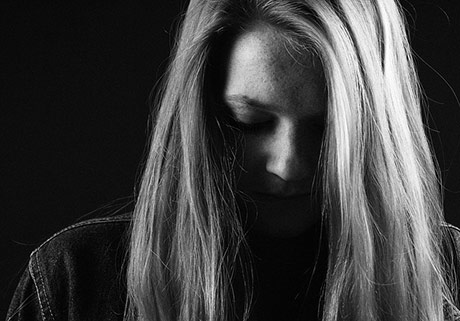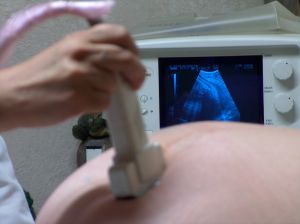Women who smoke and/or drink alcohol often wonder if it’s safe to continue their habits when they get pregnant. Unfortunately, the answer is “No.” Experts have not yet determined the exact levels at which alcohol can be considered “safe” for fetuses — and it’s already been established that nicotine and tobacco aren’t safe and healthy for adults, much less for unborn babies. So, if you’re pregnant or are planning to conceive, the best thing you can do is to quit smoking and drinking as soon as possible.
Effects of drinking during pregnancy
A little bit of wine is good for everyone since it has been found to improve cardiovascular health. Pregnant women are an exception to this, though. Studies have found that women in their first trimester have higher chances of getting a miscarriage if they have at least three drinks per week, compared to those who don’t drink at all.
Even if you make it past the first trimester, this doesn’t mean you should go back to enjoying a glass of wine or beer. In fact, at this stage, it becomes even more important for you to avoid alcohol at all times. This is because it easily passes through your placenta and reaches your baby.
When it does, it stays longer in his body than it does in yours since his liver is not yet fully developed, which means it can’t break down alcohol as quickly and efficiently as adult livers can. As a result, your baby’s blood alcohol level rises, and it stays elevated for a long time. This, in turn, can hamper the delivery of oxygen and nutrients to his tissues and organs and affect his growth and development.
What happens when your unborn baby is exposed to large amounts of alcohol over a long period of time? Different scenarios can play out, and one of these is that he might have developed Fetal Alcohol Syndrome, or FAS.
Most children with this syndrome have learning and behavioral issues, which can range from mild to severe, and many of them have distinctive facial features (including small eyes, an upturned nose, and a thin upper lip). They might also develop vision and hearing problems, joint and limb deformities, and heart defects.
Even if your child doesn’t develop Fetal Alcohol Syndrome, he can still develop other problems when exposed to alcohol inside your womb. He might be born prematurely and/or have a low birth weight, which increases his risk of developing various health issues.
He might also have slight problems with coordination, attention, learning, impulse control, and speech — all of which can prevent him from enjoying a normal childhood and becoming a productive adult.
Effects of smoking during pregnancy
You probably already know that smoking is bad for you and that it can lead to a wide range of medical problems, including respiratory diseases and cancers. Just imagine how bad it would be for your unborn baby!
Numerous studies have shown that many women who smoke give birth to babies with health issues. Some infants are born with a cleft lip and palate, which can be repaired but would require an operation or two.
Others have weak respiratory systems and are more prone to developing wheezing and breathing problems. Smoking during pregnancy can result in a low birth weight that, as mentioned above, can predispose the child to various illnesses. It can even lead to a stillborn baby!
Even if your child is born without any physical problems, he might still not be in the clear. Researchers have found out that smoking while pregnant can increase the chances of Sudden Infant Death Syndrome (SIDS), which affects children less than a year old. It can also cause the baby to develop learning and behavioral problems, such as hyperactivity and a short attention span.
It’s important to note that your smoking habits don’t only impact your unborn child; it can also affect your own wellbeing. Pregnant women who smoke have higher risks of vaginal bleeding, and they’re more likely to go into premature labor than those who don’t smoke.
Getting help for smoking and drinking habits
What if you drank and/or smoked before you found out you were pregnant? The best step to take is to stop as soon as you know you’re expecting and stay away from cigarettes and alcoholic drinks throughout your pregnancy. If you’re concerned about the effects of the alcohol, nicotine, and tobacco you’ve consumed, it’s best to bring up the topic with your physician.
If you’ve tried to stop smoking and/or drinking but just can’t kick the habit, you’ll want talk with your doctor about the possible options you can explore to reduce the cravings. You can also get in touch with organizations that help those who are addicted to alcohol, tobacco, and nicotine, such as Alcoholics Anonymous and the American Lung Association.



